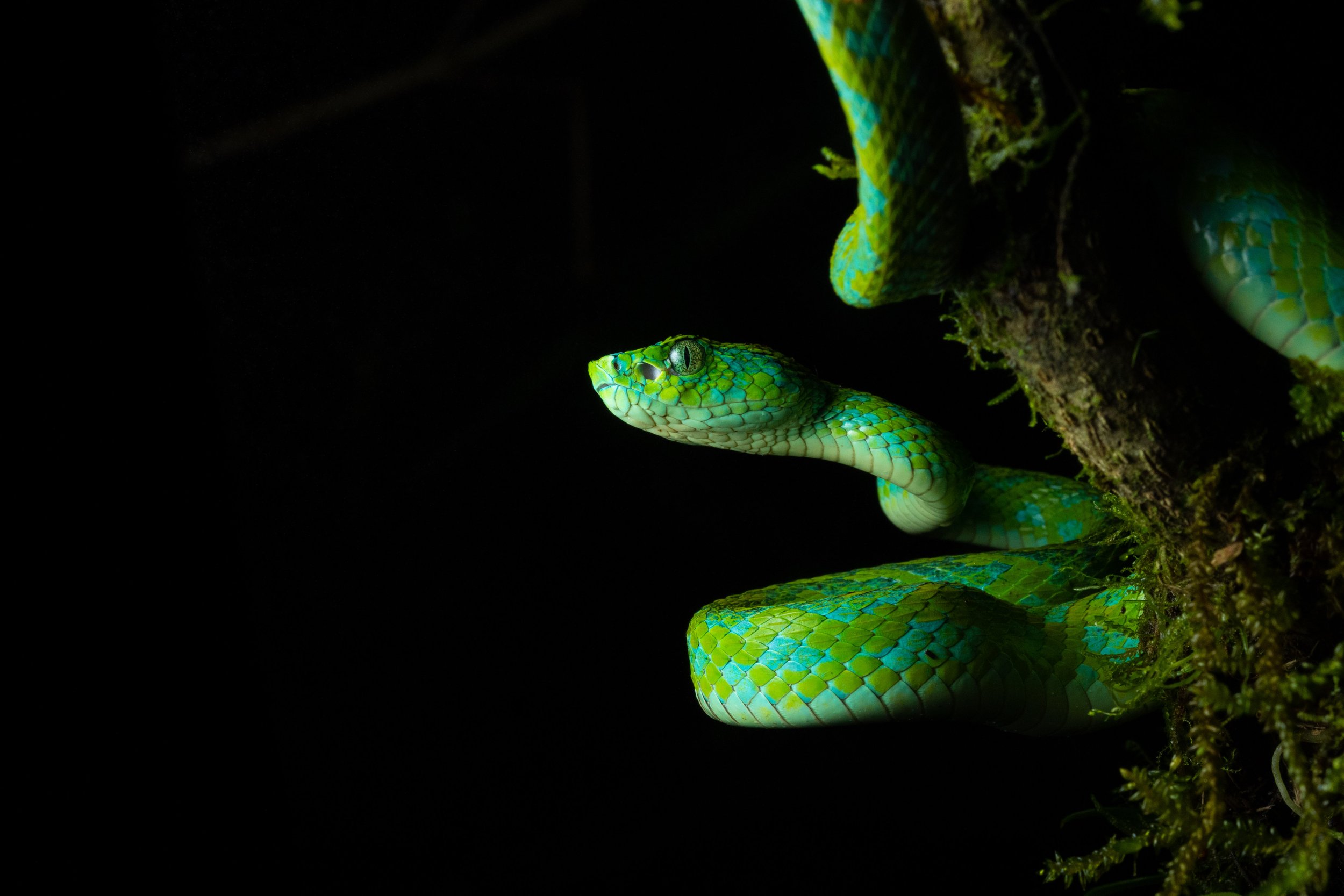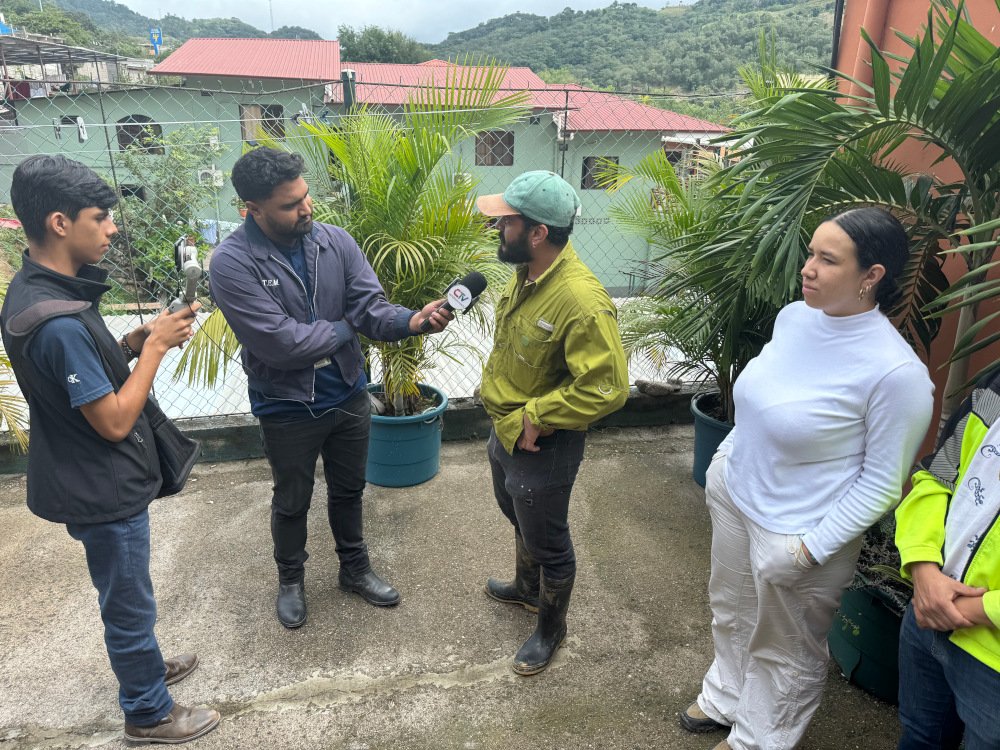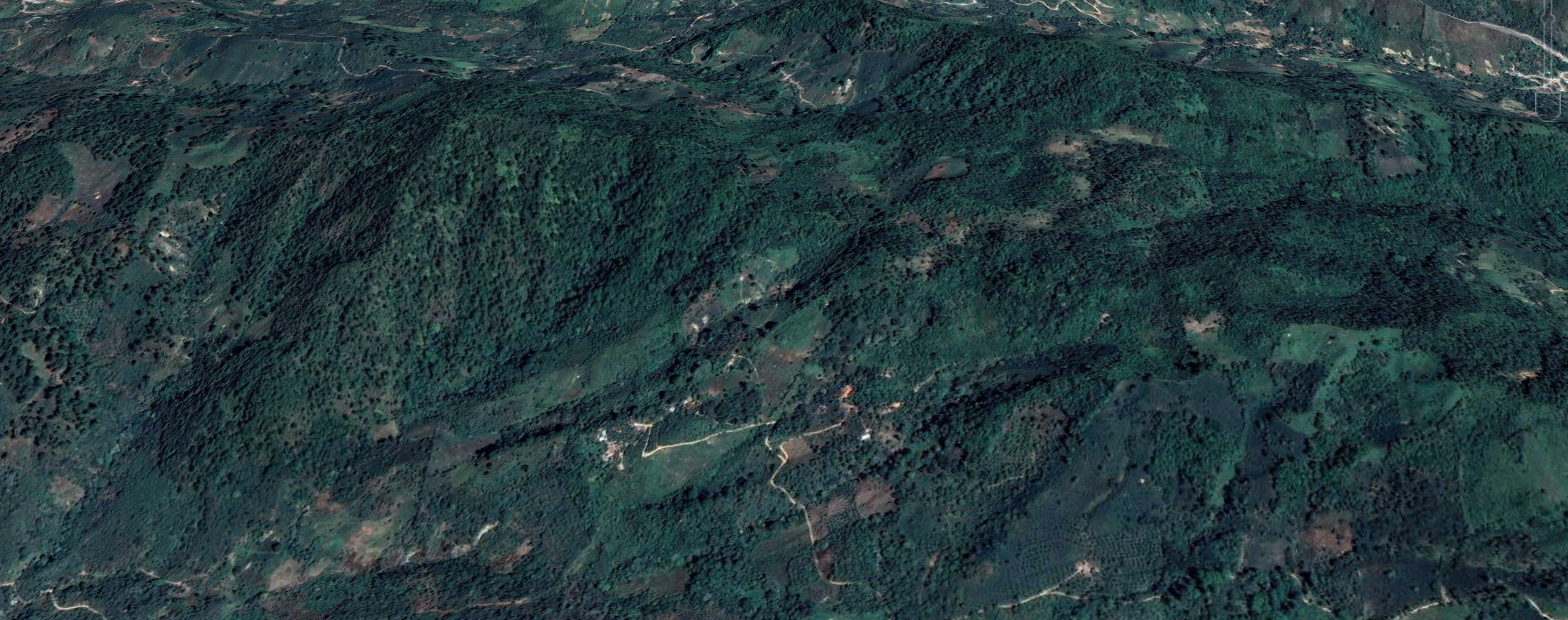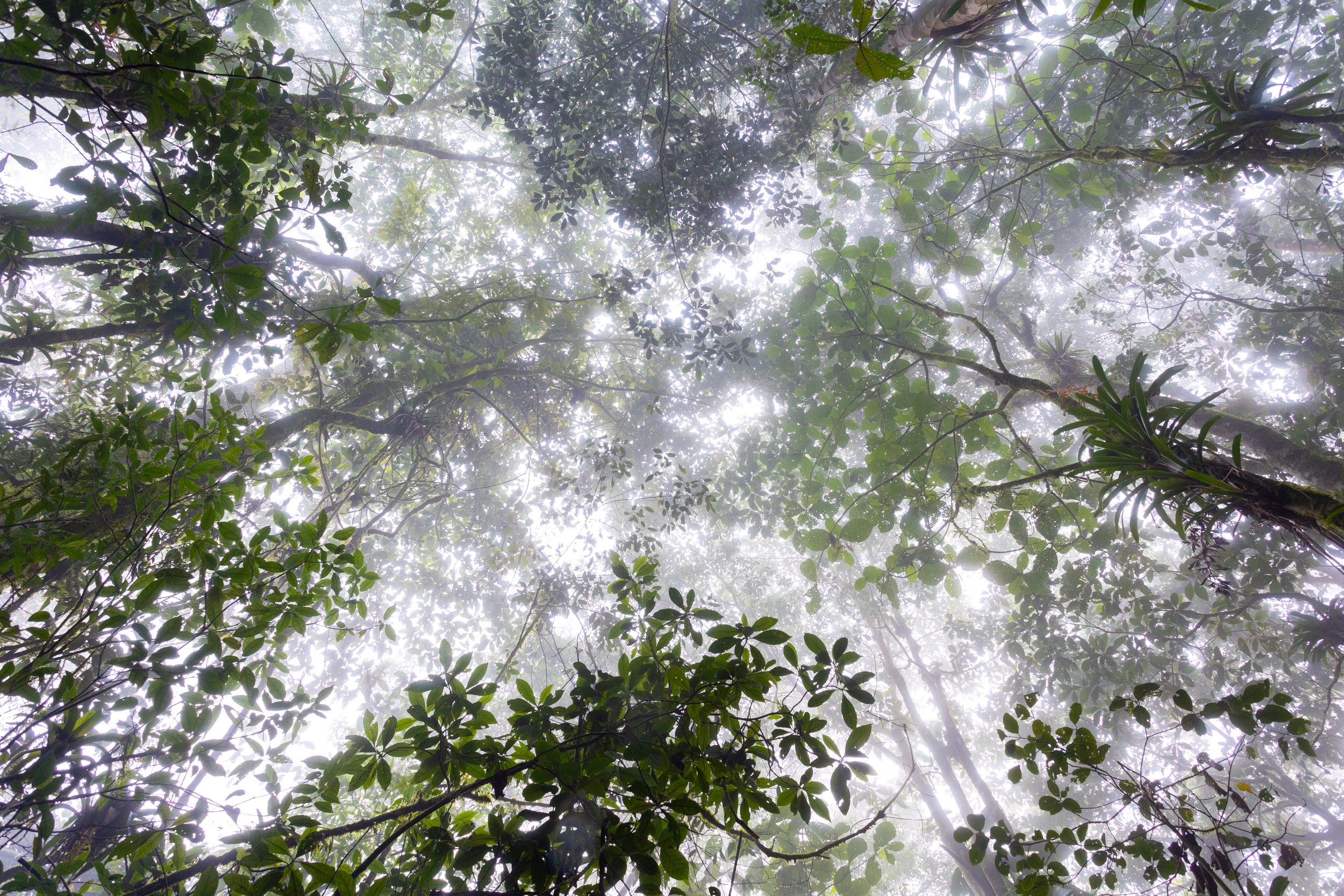
Our Mission
The mission of HonduHerp is to conserve Honduran reptiles, amphibians, and their habitats through land preservation, community engagement, and scientific research.
We envision a future for Honduras in which human and non-human biodiversity thrive in tandem through community-centered sustainable development, grassroots adoption of a land ethic, and a strong culture of science driven by empathy for and curiosity about nature.
Land
Community
Research
Land Preservation
Protecting Strongholds of Biodiversity
Honduras is losing its forests at one of the highest rates in the world. Our focus is on safeguarding critical habitats like the cloud forests of the highlands, where endemic and endangered species still thrive.
What We Do:
With local partners like municipal governments and farmers, we manage, and sometimes acquire, lands to protect access to clean water, conserve habitat, and restore native ecosystems.
With communities across western Honduras, we are working towards the establishment of the “Thalassinus Corridor”, which will connect fragmented habitats, ensuring species can move across the landscape and adapt in the face of climate change and habitat loss.
Scientific Research
Advancing Knowledge to Protect Known and Yet Unknown Biodiversity
Honduran ecosystems hold countless mysteries, including species yet to be discovered. Through rigorous scientific research, we aim to uncover and document this biodiversity to inform and inspire conservation efforts.
Current Research Foci
In addition to ongoing biodiversity monitoring in protected areas
(including both our own reserves and public lands), we conduct:
Taxonomic and systematic analyses to name species and identify their evolutionary relationships.
Community interviews and spatial studies to uncover geographic patterns in mortality and morbidity from snake envenoming.
Basic observational natural history of rare and endemic species, including documenting their distribution, ecology, and behavior.

Our Featured Reserves
Reserva Tierra
del Tamagás
Over 30 hectares of primary cloud forest habitat which provides water to three communities in the valley below and supports the densest known population of jade palm pit vipers (Bothriechis thalassinus), along with other endangered reptiles like Anolis ocelloscapularis.
Reserva Quebrada
Don Kíke
Newly established in collaboration with the mayor’s office of Cabañas, Copán and safeguarded by the Guerra family, protects several first order streams and over 80 hectares of primary forest, which are home to several viper species, including B. thalassinus and Metlapilcoatlus mexicanus.
Community Engagement
Empowering Local Environmental Stewards
We believe that local human communities must be central to any conservation solution. Some examples of our work include:
Working with farmers and communities to identify and pursue practical and meaningful solutions in agriculture and land-use
Educating students about biodiversity and the importance of conservation
Supporting sustainable infrastructural and economic development
Mitigating human-snake conflict in indigenous communities
Creating research opportunities for Honduran biologists and naturalists

Why It Matters
Without urgent action, the incredible diversity of life in Honduras could disappear forever. Montane and lowland tropical forests provide global ecosystem services and resources to local communities. Protecting Honduras' biodiversity benefits everyone, so please consider contributing.












